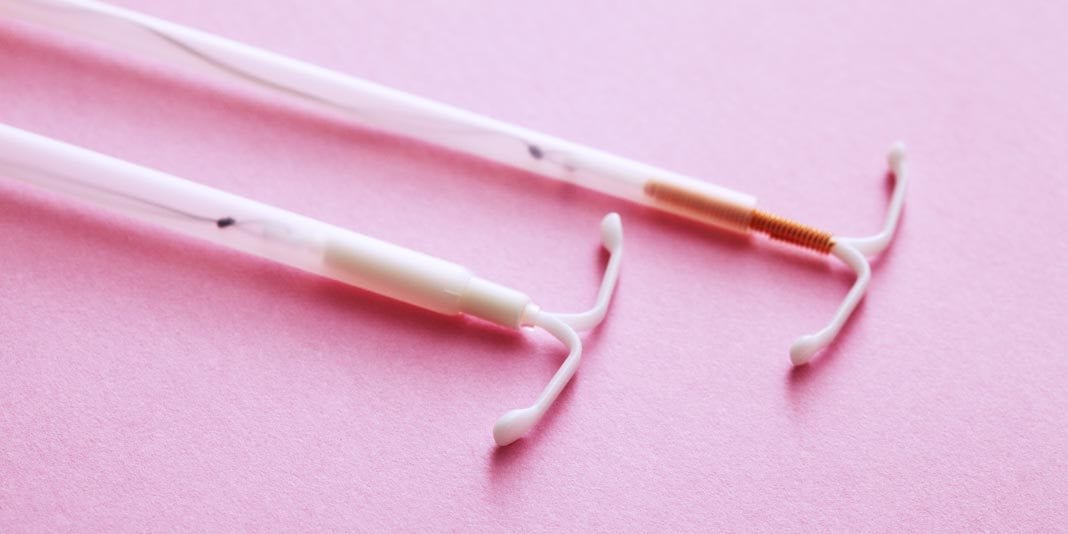An IUD or Intra Uterine Device is one of the most prevalent methods of contraception in females. The device is implanted in a woman’s uterus to function as a pregnancy prevention method. While this is a very effective contraceptive that can last for years before it needs to be replaced, an IUD does have its fair share of side effects, some more tolerable than others. If you’re considering an IUD, we’ll go over the most frequently reported side effects.
These side effects are typically noticed a few weeks to some months after the IUD’s insertion, based on the type of IUD used. An IUD comes in two types. One is hormone-secreting, while the other is copper-based. Both of these are FDA approved but possess certain advantages over the other.
However, in terms of side effects, both come with commonly reported problems. The side effects include:
- Bleeding: The patient may experience irregular bleeding patterns, which could last several months after implantation.
- Period Irregularities: A lot of females report certain irregularities in their period cycles. While some may come lighter than usual, others may experience shorter periods or none at all.
These effects are relatively innocuous. They can be endured. The more severe side effects of getting an IUD include:
- Uterine Perforation: This is when the IUD scrapes or punctures the walls of the uterus resulting in severe bleeding or, in more severe cases, a uterine infection.
- PID: This acronym stands for Pelvic Inflammatory Disease, and it is every bit as ghastly as it sounds. This disease occurs when the procedure for IUD implantation introduces traces of bacteria into the uterus.
- Possible Expulsion: This term defines the ejection of the IUD from the uterus. This usually happens accidentally, and there’s nothing else to do but get a professional to redo the implantation procedure.
- IUD’s can also cause vulvovaginitis, ovarian cysts, irregular periods, backache, etc.
IUDs aren’t all bad. Asides from preventing pregnancies effectively, they can also reduce the pain associated with periods. However, when considering them as a form of contraceptive, do seek professional opinions to weigh your options first.




































